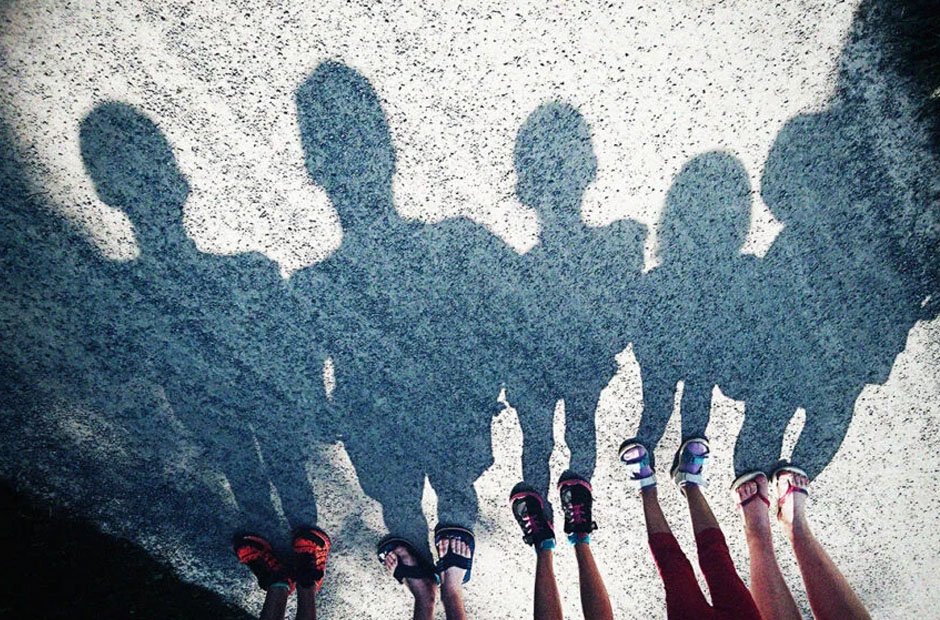As parents, we naturally want our children to build friendships, form bonds, and enjoy the social aspects of growing up. But what happens when those friendships take a dark turn? A skilled personal injury attorney Austin warns that peer-to-peer abuse is a hidden but real issue affecting many teens and children today. Unlike traditional bullying, peer-to-peer abuse can happen quietly within friendships or social groups, making it even harder to detect. This type of mistreatment can include emotional manipulation, threats, physical harm, and even social exclusion. Recognizing the warning signs early can help prevent lasting trauma. Here are the key signs of peer-to-peer abuse you should never ignore as a parent.
1. Sudden Changes in Mood or Behavior
One of the first red flags of peer abuse is a sudden shift in your child’s mood or behavior. If your once-outgoing child suddenly becomes withdrawn, anxious, or unusually irritable, take notice. They might no longer find joy in activities they once loved. Parents sometimes mistake these changes for typical teenage mood swings, but consistent sadness or anger could point to something deeper. Keep an open line of communication and gently ask your child about what’s happening in their social world.
2. Avoidance of Specific People or Situations
If your child starts making excuses to avoid certain friends, events, or social gatherings they used to enjoy, this could be a sign of peer-to-peer abuse. Watch for patterns such as refusing to attend school, skipping after-school activities, or suddenly quitting a sports team or club. When peers mistreat children, they often try to escape the source of their pain instead of confronting it. Parents should respect these boundaries while also asking careful questions to uncover the reason behind the avoidance.
3. Unexplained Physical Injuries
While emotional abuse is more common in peer mistreatment, physical abuse can happen too. If your child frequently experiences unexplained bruises, scratches, or other injuries, it’s essential to ask how they sustained them. Sometimes kids will dismiss these signs by saying they were “just playing around” or “roughhousing.” However, if injuries are frequent or seem suspicious, take it seriously. Peer abuse can escalate quickly from verbal teasing to physical aggression if not addressed.
4. Sudden Drop in Academic Performance
A child struggling with peer abuse might find it hard to focus on schoolwork. Grades can suddenly slip, assignments may go unfinished, or attendance might become an issue. Emotional distress can make it challenging for children to concentrate in class, participate in discussions, or complete their homework. If you notice a change in your child’s academic performance, consider whether social problems could be the cause.
5. Excessive Guilt or Self-Blame
Children who are victims of peer-to-peer abuse often believe they deserve the mistreatment. They might express feelings of guilt or shame and say things like, “It’s my fault they’re mad at me,” or “Maybe I’m just too sensitive.” This internalized blame is dangerous because it prevents children from speaking up or asking for help. As a parent, reassure your child that they have the right to be treated with respect and kindness in all relationships.
6. Over-Dependence on Toxic Friendships
Sometimes, a child won’t want to cut ties with an abusive peer because they fear social isolation or losing their entire friend group. This can lead to a dangerous pattern where the child becomes emotionally dependent on someone who is mistreating them. Watch for signs like constantly checking their phone for messages, becoming anxious when they don’t hear back from a specific person, or feeling like they “can’t survive” without a particular friendship.
7. Changes in Eating or Sleeping Habits
Emotional stress from peer abuse often shows up physically. Your child may begin overeating, skipping meals, or struggling with sleep. Nightmares, insomnia, or constant fatigue can be signs that your child is under emotional distress. These changes can affect not just their physical health but also their mental well-being.
Conclusion
Peer-to-peer abuse is a serious issue that can leave long-lasting scars if ignored. As a parent, staying alert to the warning signs can help you step in early and protect your child from further harm. Open communication, emotional support, and professional guidance are all crucial steps in helping your child heal. If your child has been harmed physically, emotionally, or psychologically by peer abuse, it may be time to consult personal injury attorney Austin. An expert will help you understand your legal options and protect your child’s rights.



